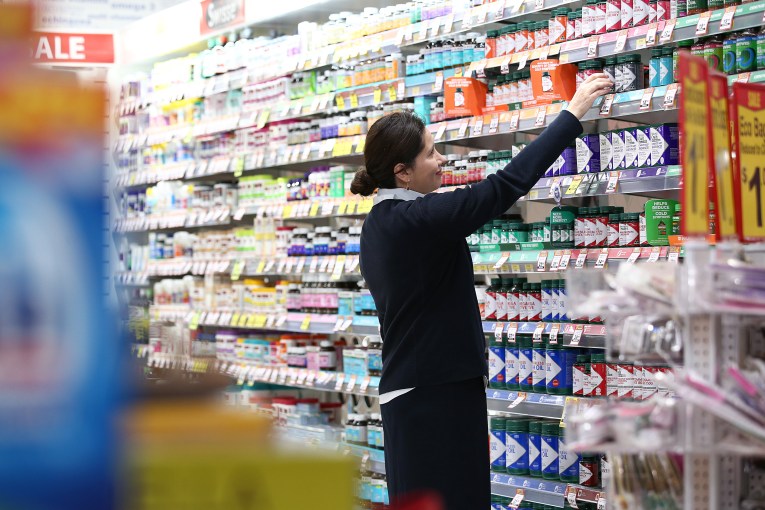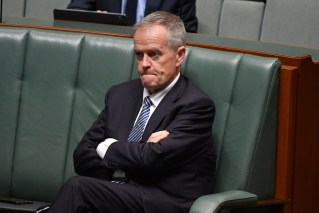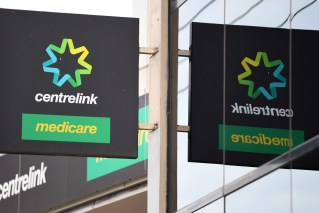Property boom’s hidden gift may be saviour for small business
The real estate boom just saved a lot of small businesses from going broke because of the Covid restrictions, according to the Reserve Bank.


Australia's power price regulator said high wholesale energy costs continued to drive up retail electricity prices.
In its financial stability paper released today, the RBA said the boom was a potential mitigating factor in the otherwise tough times for some businesses.
“Around 30 per cent of bank lending for small to medium enterprises (those with an annual turnover of less than $50 million) is secured by residential property, meaning that the recent increases in housing prices will likely help some businesses avoid insolvency,’’ the RBA said.
While it expected insolvencies to increase significantly it said the risks of spillover effects from insolvencies to other businesses through trade credit links appeared to have declined since the start of the pandemic, in part because businesses’ cash buffers had generally risen.
“The businesses and households most at risk of experiencing financial stress continue to be those in the most impacted industries (such as tourism, retail and hospitality) and those in the areas with the most stringent extended lockdowns,’’ the RBA said.
However, the Chamber of Commerce and Industry Queensland said the failure of the Queensland to provide a roadmap out of the pandemic was severely impacting business.
“It’s a reality (that) hundreds of thousands of small businesses are facing across the state with some telling the CCIQ the longer they wait to (for) certainty to get back to business, the less likely they are to recover,” CCIQ general manager of policy and advocacy Amanda Rohan said.
She said Queensland businesses were among the last in the country with a State Government Covid economic recovery commitment.
“There is a risk the Queensland economy will be left behind when businesses in other states, even locked down states, have some kind of recovery and reopening plan to work towards.
“As part of the plan for reopening businesses need to know what each stage looks like in relation to restrictions, vaccination targets, requirements for businesses on compliance, testing, isolation and contact tracing.
“Re-opening the state means more to Queensland businesses than knocking down the border closure. There are conditions businesses will have to meet to ensure it happens safely and effectively but they need to know what those are so they can prepare.
“They need plenty of notice of what conditions they need to meet and hopefully the delay in the Queensland Government committing those details means they’re busy getting a plan for business together.”
But the RBA said the retail sector was facing increased hardship.
“Even prior to the pandemic, retail commercial property was already facing challenges, partly reflecting a longer-run structural shift towards online retailing.
“Restrictions on face-to-face retailing for non-essential items during the pandemic have accelerated this process. This has placed further pressure on many bricks-and-mortar retailers, and is contributing to greater uncertainty about the longer-term outlook for tenant demand.
“Retail vacancy rates, which had been drifting higher over a number of years, have increased sharply since early 2020. The largest increases have occurred in central business districts (CBDs) of major capital cities, where rents have declined by nearly 15 per cent since the start of 2020.”












